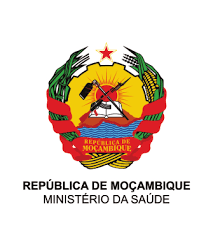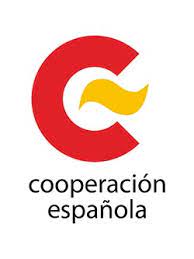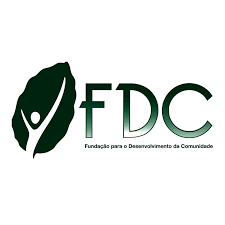Exploring the impact of climate change and urbanization on maternal and child health in Mozambique using digital data: the CliMaH project (CliMaH)
Climate change is transforming the world, and nowhere is this more evident than in
Africa. Mozambique in particular has been subject to increasing extreme weather
events, lessened agricultural productivity resulting in food insecurity and malnutrition,
rapid urbanization and growth of informal settlements or slums, and a high public
health burden of weather-related morbidity and mortality. The burden of the negative
consequences of climate change fall most heavily on women and children. Despite
growing understanding of the importance of this threat, a comprehensive,
transdisciplinary, gender sensitive, governance oriented approach to studying the full
impact of climate change on the well-being of human populations is still lacking,
especially in combination with the rapid changes in urbanization in Mozambique. In
the CliMaH project, we aim to integrate satellite and climate data with a
mixed-methods on the ground study to (i) better understand how long-term population
movement, trends in urbanization, changes in agricultural productivity, and
demographic change link with climate change in Mozambique, (ii) study and predict
how these trends affect the health of mothers and children in Mozambique, and (iii)
develop a “road map” for impact assessment of climate change that uses a
comprehensive methodological toolset (e.g. HIA, satellite data) and process (e.g.
transdisciplinary stakeholder engagement), and can be generalized to other settings
and time periods. The CliMaH project will have a special focus on generating evidence
and solutions for policymakers and other actors outside academia. The project aims
will be accomplished via five work packages (WP). In the first WP, we will use remote
sensing data to characterize changes in land use and agriculture in Mozambique. In
WP2, we will conduct a mixed-methods study in three to four climate change hotspots
to study how climate change and urbanization trends affect maternal and child health
outcomes. In WP3, we will model how climate, land use, and health are interlinked.
Throughout the project, we will conduct stakeholder mapping and outreach to engage
key actors outside of academia in the research, with the goal of establishing a
long-standing multi-sectoral climate change consortium (WP4). Finally, we will
synthesize the methodological and process innovations of this approach into a “road
map” for climate change impact assessment that can be generalized to other settings
globally (WP5). The study will have five key institutional partners (three in Switzerland,
two in Mozambique) that represent the wide diversity of fields involved in climate
change. Through an innovative, interdisciplinary approach to integrate digital data,
participatory methods, social science, and environmental research, CliMaH will
spearhead a shift in the climate change and disaster response paradigm to a more
comprehensive intersectoral view, one that works with diverse stakeholders across
disciplines to prospectively manage and predict emergent health issues due to the
multifaceted effects of climate change and rapid urbanization.





